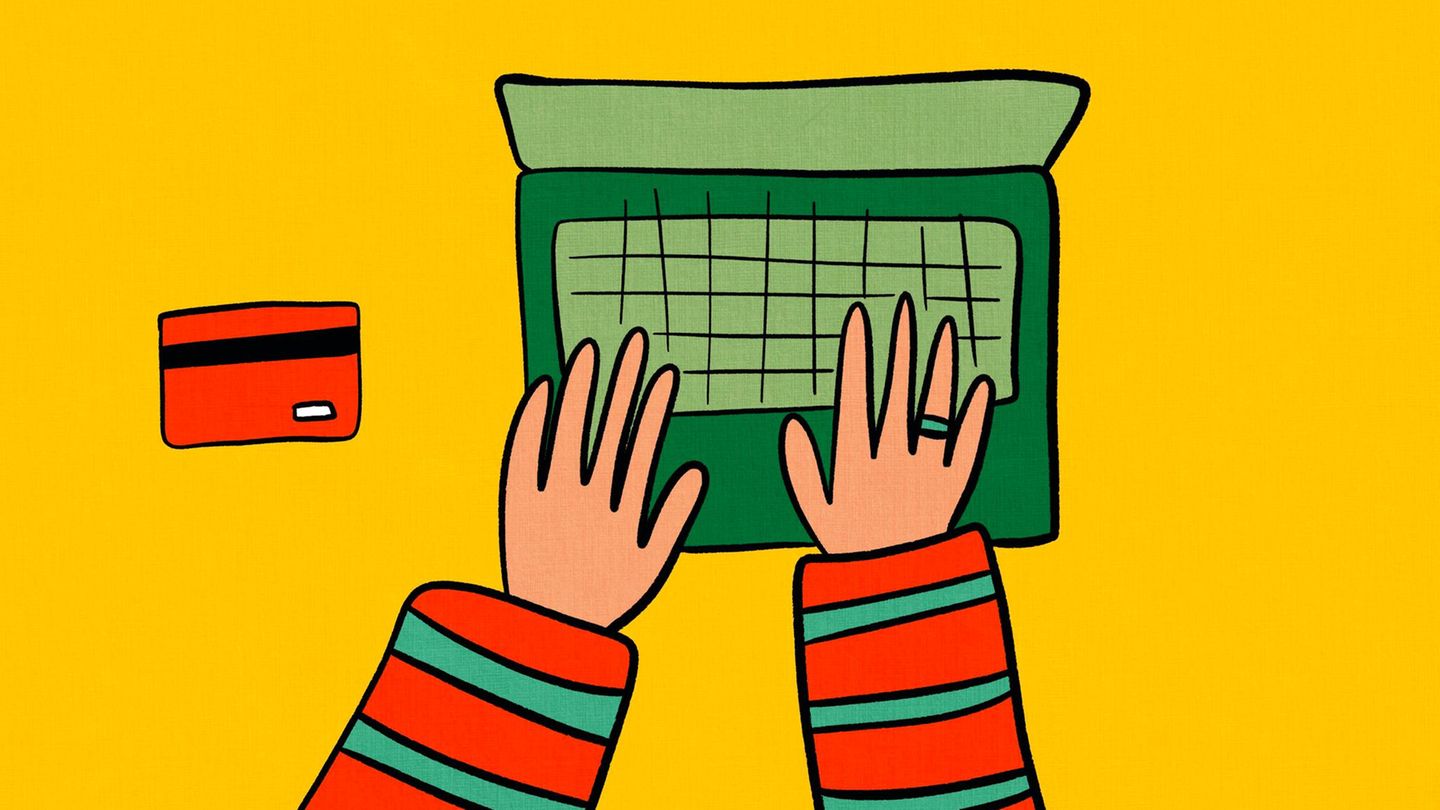psychology
How to stand by impulse purchases
Copy the current link
Add to the memorial list
Since online shopping has been available, the money has become even easier. The psychologist Hans-Georg Häusel gives tips for more self-control and sensible saving.
If you want to save, you have to ask yourself a question whose answer is sometimes painful: what do I actually spend all my money on? This requires information. You can get it in a cloudy place with many minus and few plus signs: your own account statement. Anyone who uses online banking downloads the sales overviews of the last six to twelve months and thus goes into an exam.
It is important to distinguish two things: regular and irregular debit. It is advisable for the regular to set up a household bill. At the top you list what comes in every month (your own content), including what goes (rent, electricity, internet, subscription to all kinds). With the irregular debit you have to be strong: Are the 30 euros in the favorite restaurant really worth? Do I have to spend 40 euros on shopping every Saturday? Only those who have an overview can decide what to do without.
But even if you have an overview, you have to manage not to spend the money in the crucial bodies. This can succeed with these tricks.
Wait
If you want to avoid unnecessary shopping, you need self -control. The problem: shopping has become so incredibly comfortable – no trip to the shop, no interaction with the seller, but two clicks from the bed at home. So how can you learn to resist? Hans-Georg Häusel, psychologist and marketing expert, says: “It’s about keeping the Having in the brain in check, and this takes a latency.” Before you order something, wait at least one day. Sleep over it for a night. And if you still want it, you can order it.
Reflect
“When we see something attractive, our regulating cerebrum often switches off,” explains Häusel. “The cerebrum should actually be weighed up for it.” During the latency period, you should ask yourself what exactly the product would change in your life. Would you make you more satisfied? “We often grab spontaneously and later realize that it doesn’t make us as happy as it thought,” says Häusel.
Reduce incentives
The control also becomes more difficult because we are promoted more specifically and more often. Ads, for example on Instagram, often provoke consumer requests for products that you didn’t even know before. You can also start here: it helps to regularly empty the cache in the internet browser. The advertising preferences can be deleted on many social networks. And it is best to order the advertising newsletters from online shops immediately after an order, which send them regularly to encourage them to order again.
Source: Stern




